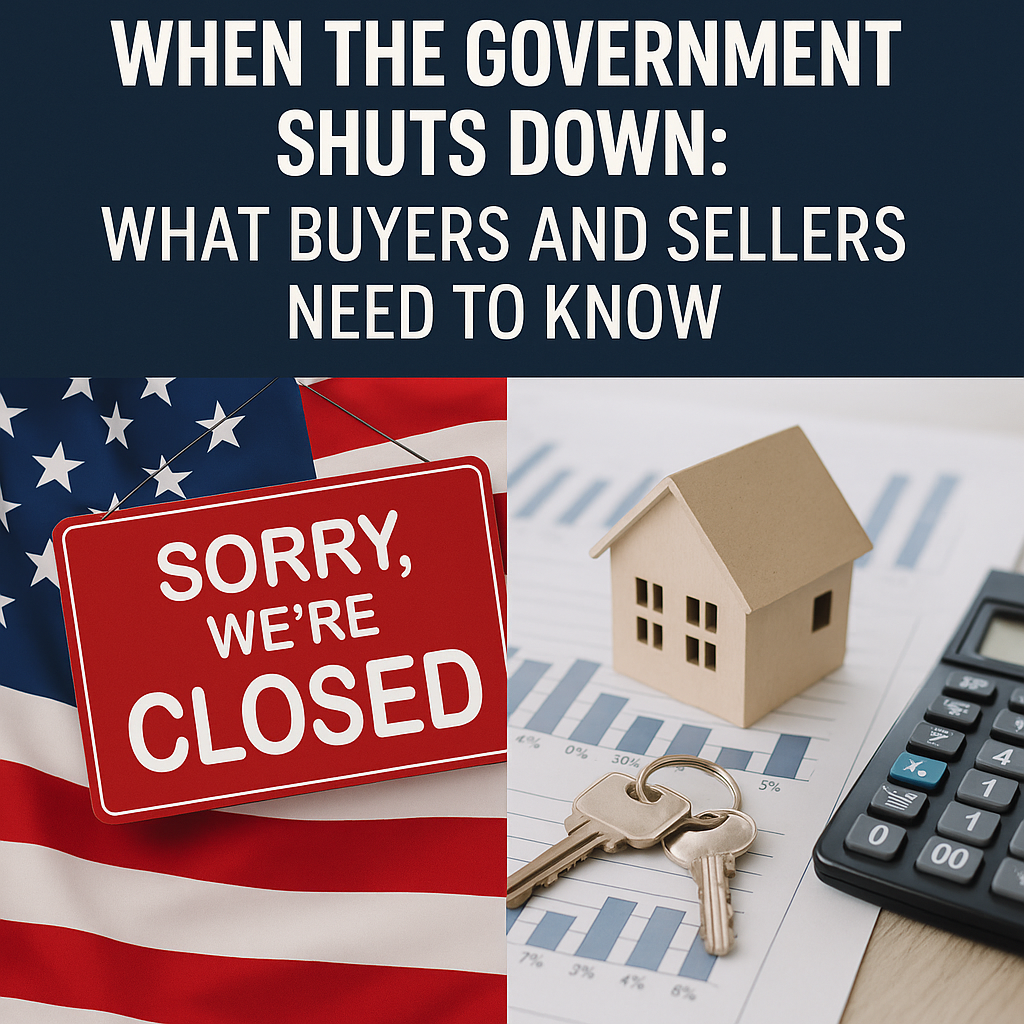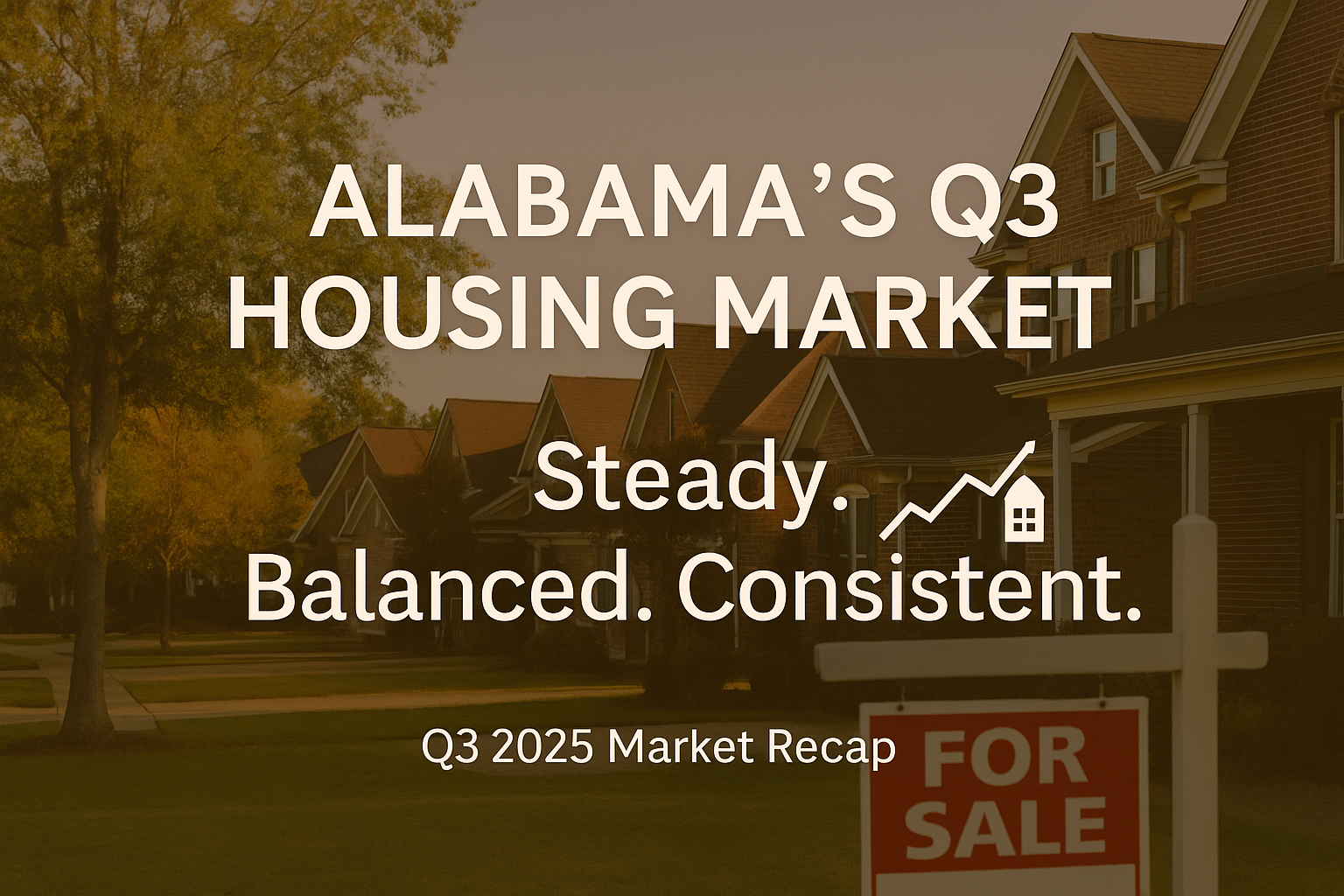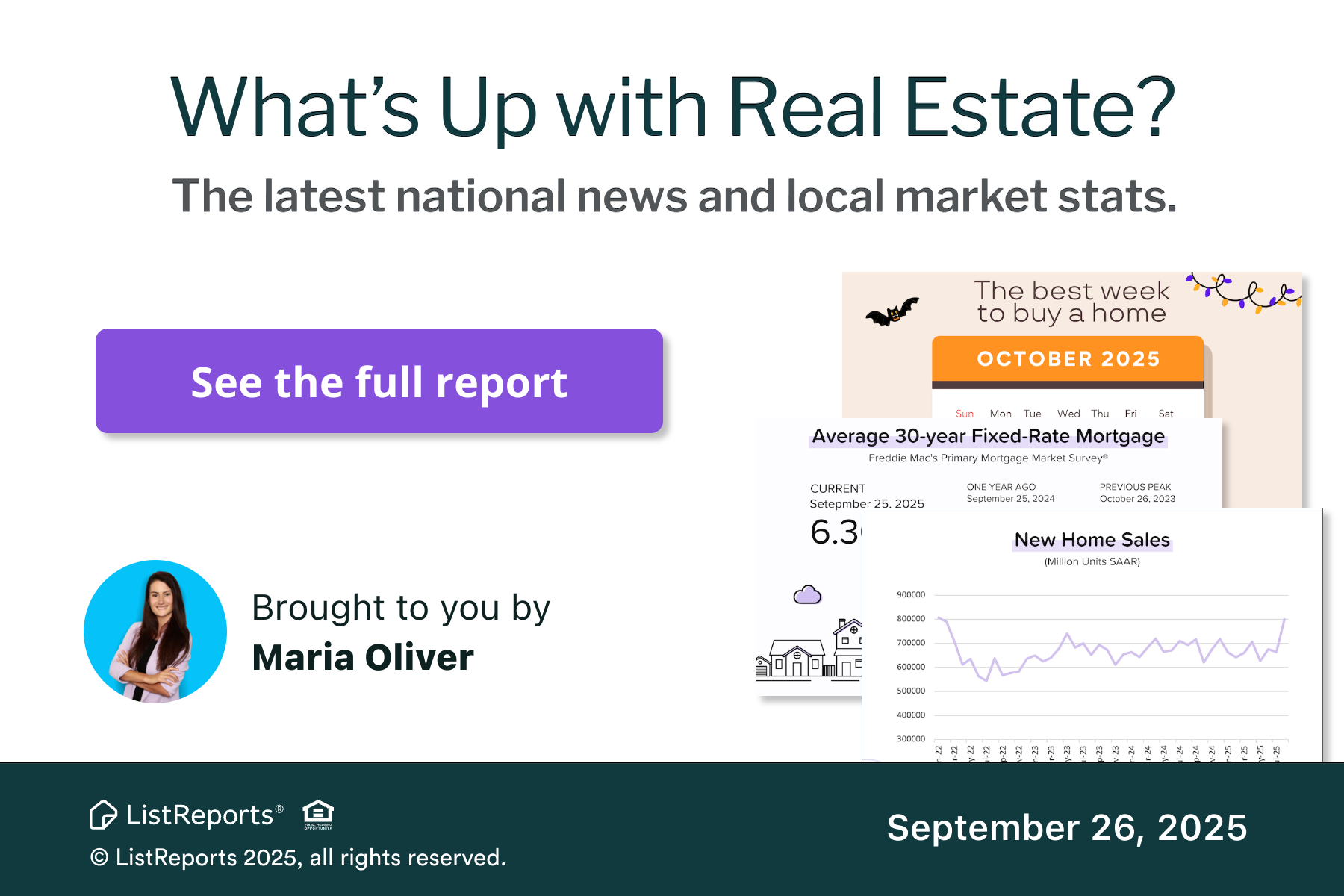When the Government Shuts Down: What Buyers and Sellers Need to Know
New Government shutdowns are often political standoffs, but their ripple effects reach far beyond Capitol Hill. For regular people, homebuyers, real estate sellers, small businesses, and even big corporations, a shutdown can introduce uncertainty, delays, and unexpected costs. In this post, we’ll explore how shutdowns happen, what they mean for the economy, and how both buyers and sellers can be affected.

What Is a Government Shutdown — And Why It Happens
A government shutdown occurs when Congress fails to pass appropriations bills (or a temporary continuing resolution) to fund federal operations. Without legal funding, many agencies suspend nonessential functions, furlough workers, and halt certain services.
Essential services — like the military, Social Security payments, and some law enforcement — continue, but many other parts of the system slow down. The longer a shutdown drags on, the greater the disruption.
Economic Impact in Brief
- Each week of a shutdown could cost the U.S. economy $7–15 billion in lost GDP, according to estimates from the White House Council of Economic Advisers and private forecasters.
- Analysts suggest shutdowns may shave 0.1 to 0.2 percentage points off GDP growth per week if prolonged.
- Consumer and business confidence often weakens during shutdowns, leading people to postpone big purchases like homes or cars.
- Critical government reports (like monthly jobs numbers) may also be delayed, leaving markets “in the dark.”
How Buyers Are Affected
1. Loan Processing Delays
- Buyers using FHA, VA, or USDA loans may see applications delayed or halted.
- Even conventional loans can stall, since lenders rely on IRS tax transcripts and Social Security verification that may be slowed during a shutdown.
2. Flood Insurance and Specialized Programs
- The National Flood Insurance Program (NFIP), run by FEMA, often suspends new policies and renewals. In flood-zone areas, this can block home closings.
3. Interest Rate Volatility
- Mortgage rates may swing unpredictably depending on how markets interpret shutdown-related risks.
- Buyers waiting too long may miss favorable rate windows.
4. Confidence and Decision-Making
- Shutdowns create hesitation. Some buyers delay purchasing until things stabilize, reducing competition and slowing the market.
5. Contract Timing Risks
- Real estate contracts include strict timelines for inspections, appraisals, and financing. Shutdown delays can force renegotiation or even cause deals to fall through.
How Sellers Are Affected
1. Smaller Buyer Pool
- Financing delays mean fewer qualified buyers, which can reduce offers and slow sales.
2. Higher Risk of Canceled Deals
- Loan, appraisal, or insurance setbacks can push deals past deadlines, forcing sellers back to square one.
3. Incentives and Concessions
- Sellers may need to offer closing-cost assistance, rate buydowns, or price flexibility to keep buyers engaged.
4. Program Disruptions
- Sellers tied to HUD programs, affordable housing incentives, or Section 8 contracts may see payments or approvals delayed.
5. Strategic Opportunities
- Sellers who can afford to be patient may face less competition on the market, giving their listings more visibility even during a slowdown.
Tips for Buyers and Sellers
For Buyers:
- Get preapproved early.
- Build extra time into contracts.
- Lock in rates where possible.
- Stay in close contact with your lender and insurance provider.
For Sellers:
- Expect delays and be flexible with timelines.
- Screen buyers carefully to ensure they are well-qualified.
- Offer concessions or incentives if needed.
- Stay updated on how HUD, USDA, or other housing programs are impacted.
Final Thoughts
A government shutdown is both a political event and an economic stress test. Buyers may face delays, uncertainty, and financing challenges, while sellers may encounter fewer offers and higher risks of failed deals. The best strategy on both sides is flexibility, preparation, and communication. Even if a shutdown ends quickly, the uncertainty can disrupt markets in the short term. Planning ahead helps buyers and sellers weather the storm — and move forward with confidence once the government reopens.
Sources & Further Reading
- Politico – US to lose $15B in GDP each week of a shutdown, White House memo says
- Reuters – Prolonged US government shutdown could raise market risks
- Deseret News – Government shutdown expected to slow mortgage applications, home sales
- National Association of REALTORS® – What is a government shutdown and what happens next?
- AP News – Shutdown could cut off vital economic data












